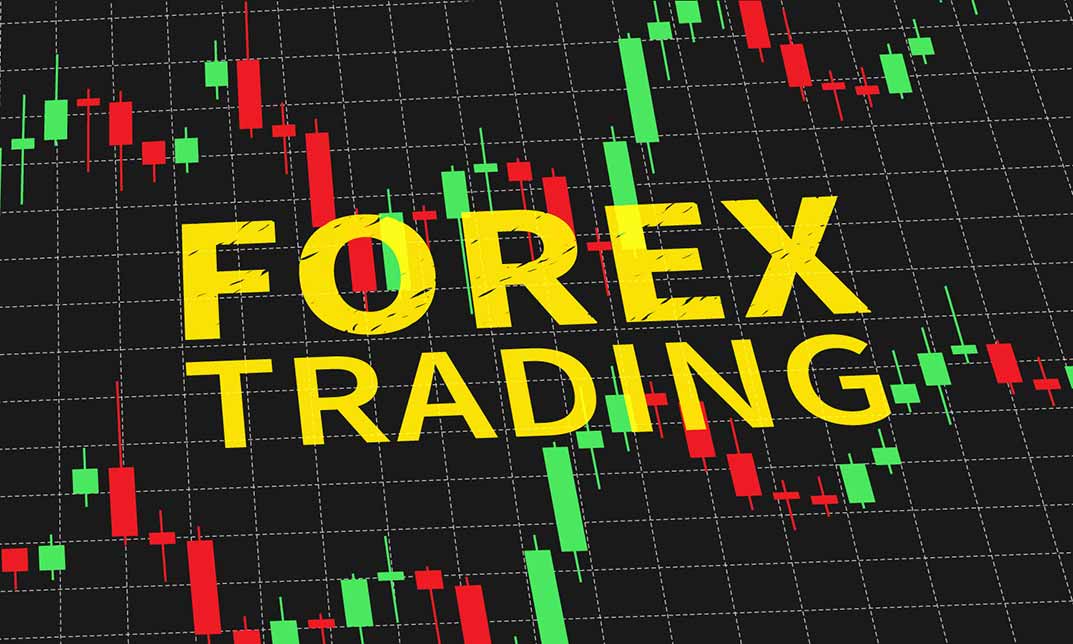A Detailed Forex Trading Course for New Traders and Investors
A Detailed Forex Trading Course for New Traders and Investors
Blog Article
Comprehending the Fundamentals of Currency Exchange in Today's Global Market
In a significantly interconnected worldwide economic climate, realizing the fundamentals of currency exchange is indispensable for stakeholders throughout various industries. Exchange prices, formed by an intricate interaction of economic signs and geopolitical elements, have profound results on worldwide trade and financial investment techniques. As main financial institutions apply impact and technical innovations improve currency trading, the implications for global business are far-ranging. How do these elements coalesce to impact economic preparation and risk administration? Comprehending the subtleties of this dynamic market is not just useful-- it is necessary for browsing today's financial landscape.
The Basics of Money Exchange
Money exchange is a fundamental element of the international economy, facilitating global trade and investment. It includes the conversion of one money into another and is vital for organizations, federal governments, and people who participate in cross-border purchases. The money exchange procedure takes place in the forex market (Forex), which is the largest and most fluid financial market in the globe, running 24 hours a day, five days a week.
At its core, currency exchange is driven by supply and demand characteristics. Currencies are sold sets, such as EUR/USD or GBP/JPY, and the currency exchange rate in between them shows just how much one money deserves in terms of an additional. This price varies constantly due to trade flows, resources motions, and various other market activities.
Participants in the Forex market array from large banks and multinational corporations to private financiers and visitors. Each participant might have various purposes, such as hedging against currency exchange rate risk, guessing on money activities, or facilitating worldwide purchases. Recognizing the fundamentals of currency exchange is critical for making educated choices in the worldwide market, as currency exchange rate can dramatically influence the expense of goods and services, investment returns, and economic security.
Variables Influencing Exchange Rates
Exchange prices are shaped by a complex interplay of numerous economic aspects, showing the loved one toughness and stability of national economies. Trick among these factors is rate of interest rate differentials. Higher interest prices offer lending institutions much better returns about various other countries, bring in more international capital and causing the money to value. Alternatively, inflation prices play a vital duty; money in countries with lower inflation rates often tend to value as purchasing power increases loved one to higher-inflation economic situations.
Furthermore, profession balances affect currency worth. A country with a considerable trade excess usually sees its currency appreciate due to raised international demand for its goods and services, while a profession deficit can weaken the money.
Political security and economic efficiency are important also; nations perceived as low-risk locations for investment tend to see their currencies appreciate. forex trading course. Market supposition can also drive currency exchange rate changes, as investors anticipate future movements based upon existing economic indicators and geopolitical occasions. These variables collectively add to the vibrant nature of browse around these guys exchange prices in the worldwide market
The Duty of Reserve Bank

Central financial institutions additionally involve in fx interventions to deal with excessive volatility or misalignments in currency exchange rate. These treatments may involve acquiring or offering international currencies to preserve a desired exchange rate degree. In addition, reserve banks hold significant foreign exchange reserves, which can be deployed strategically to support their currency.

Technology and Currency Trading
While reserve banks form the overarching landscape of money exchange, technical innovations have changed the mechanics of currency trading itself. The expansion of electronic platforms has actually democratized access to fx markets, enabling specific investors to get involved along with institutional financiers. On-line trading systems, geared up with real-time data and analytical devices, help with informed decision-making and have actually added to boosted market liquidity.
Mathematical trading, powered by advanced software, has actually reinvented the speed and effectiveness of money trading. Formulas perform trades based on predefined standards, decreasing human treatment and reducing the moment required to maximize market activities. This automation enhances accuracy in trade execution and aids in the management of intricate trading approaches. Furthermore, the surge of navigate here artificial intelligence and machine knowing formulas uses anticipating analytics, permitting investors to anticipate market trends with better precision.
Blockchain modern technology likewise promises a transformative influence on money trading. By making sure transparency and reducing transaction costs, blockchain can improve negotiation procedures, potentially mitigating threats connected with standard trading approaches. Cryptocurrencies, underpinned by blockchain, have actually additional reading introduced a new measurement to money trading, triggering market individuals to adjust to a developing financial environment. As innovation remains to evolve, its influence on currency trading will likely grow, forming future market characteristics.
Impacts on Global Profession
In the interconnected landscape of worldwide profession, currency exchange plays a pivotal duty in forming economic relationships in between nations. A solid money can make a country's exports much more expensive and less attractive on the global stage, potentially decreasing market share.
Currency changes can also bring about financial unpredictabilities, making complex lasting planning for international companies. Businesses often hedge versus these threats with monetary instruments to stabilize expenses and incomes. Exchange rates affect international direct investment (FDI) decisions, as financiers look for positive conditions to make the most of returns, influencing capital streams throughout borders.
Furthermore, federal governments aim to maintain stable exchange rates to cultivate foreseeable trading problems, in some cases interfering in international exchange markets to achieve financial goals. Reserve banks may readjust rate of interest or apply monetary plans to affect currency stamina, thereby affecting profession characteristics.
Final Thought
A comprehensive understanding of currency exchange fundamentals is necessary for navigating the complexities of the international market. Exchange rates, formed by rate of interest rates, inflation, and economic development, are critical in identifying currency valuations.
Report this page